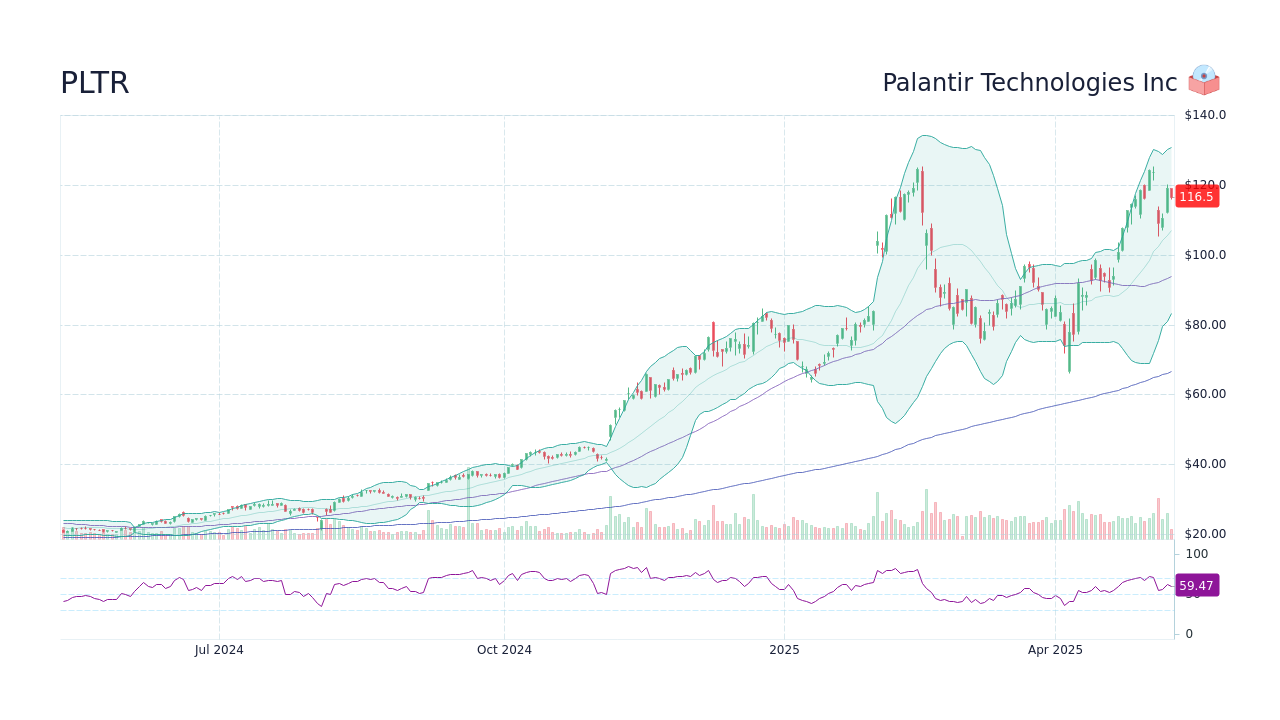Daycare Debate: Expert Opinion Vs. Working Parent Reality

Table of Contents
Expert Opinions on Ideal Daycare
Experts emphasize the significant developmental benefits of high-quality daycare, particularly when considering social-emotional development, cognitive skills, and language acquisition. Let's break down the key aspects:
Developmental Benefits of Quality Daycare
Structured daycare environments, when properly implemented, offer a wealth of opportunities for young children to thrive. Research consistently shows that children attending quality daycare programs often exhibit:
- Improved language skills: Interaction with peers and caregivers fosters vocabulary growth and communication skills.
- Enhanced social interaction: Daycare provides a platform for learning cooperation, sharing, conflict resolution, and navigating social dynamics.
- Better preparation for school: Exposure to structured learning activities and routines can create a smoother transition to formal schooling.
The importance of appropriate teacher-child ratios and highly qualified educators cannot be overstated. A nurturing and stimulating environment, guided by experienced professionals, is crucial for maximizing developmental benefits. Studies consistently link quality daycare attendance with positive cognitive and social-emotional outcomes later in life.
Choosing the Right Daycare Setting
Selecting the right daycare requires careful consideration of several factors. The options are diverse, including:
- In-home daycare: Often smaller and more intimate, offering a home-like setting.
- Center-based daycare: Larger facilities with more structured programs and activities.
- Preschools: Focus on early childhood education, often incorporating a more formal curriculum.
Regardless of the type, accreditation and licensing are paramount. Verify licensing through your state's regulatory body and look for nationally recognized accreditations like the National Association for the Education of Young Children (NAEYC). Further considerations include:
- Licensing verification: Ensure the daycare is legally operating and meets safety standards.
- Curriculum review: Examine the educational approach and activities offered.
- Teacher qualifications: Inquire about the experience and educational background of the staff.
- Safety protocols: Assess emergency procedures, security measures, and hygiene practices.
The Working Parent's Reality
While expert advice paints a picture of ideal daycare, the reality for many working parents is far more complex. Financial constraints, logistical challenges, and emotional considerations often overshadow the purely developmental aspects.
Financial Constraints and Daycare Costs
The significant cost of daycare is a major barrier for many families. The expense can severely strain family budgets, forcing difficult choices and compromises. Factors impacting affordability include:
- High daycare fees: The cost of quality daycare can be comparable to, or even exceed, the cost of college tuition in some areas.
- Limited financial assistance: Government subsidies and employer-sponsored childcare benefits are often insufficient to cover the full cost.
- Impact on family savings: Many families find that a substantial portion of their income is allocated to daycare expenses, leaving little for savings or other needs.
Exploring potential government assistance programs and employer benefits is crucial for mitigating financial burdens.
Logistical Challenges and Time Constraints
Balancing work and childcare logistics presents numerous challenges for working parents. These include:
- Commuting difficulties: The location of the daycare significantly impacts commute times and adds to daily stress.
- Sick child care: Unexpected illnesses require navigating sick days, potentially impacting work and income.
- Scheduling conflicts: Coordinating work schedules with daycare hours and unexpected closures can be demanding.
- Work-life balance struggles: The constant juggling act often leads to feelings of overwhelm and difficulty maintaining a healthy work-life balance.
Emotional Considerations and Parental Guilt
The decision to place a child in daycare can evoke strong emotions, including guilt and separation anxiety, both for parents and children.
- Separation anxiety: Children may experience distress when separated from their parents, while parents may worry about their child's adjustment.
- Parental guilt: Parents may grapple with feelings of guilt over not being the primary caregiver during the day.
- Choosing a daycare that fits family values: Finding a daycare that aligns with your parenting philosophy and values is crucial for peace of mind.
- Maintaining open communication with daycare providers: Regular communication helps address concerns and build trust, strengthening the parent-child bond.
Conclusion
The daycare debate highlights a significant gap between the ideal daycare setting described by experts and the realities faced by working parents. Financial pressures, logistical complexities, and emotional considerations are key factors influencing parental decisions. Finding the right balance requires careful consideration of both expert advice and your own unique circumstances. Continue your research on daycare options, carefully weighing the benefits and challenges before making a decision that works best for your family. Remember, the best daycare is one that fosters your child's development and aligns with your family's specific needs. Keep the daycare debate in mind as you navigate this crucial choice, focusing on finding a solution that prioritizes both your child's well-being and your family's overall needs.

Featured Posts
-
 Palantir Stock Prediction 2025 Should You Invest Now
May 09, 2025
Palantir Stock Prediction 2025 Should You Invest Now
May 09, 2025 -
 Elon Musks Net Worth A 100 Day Analysis Under Trumps Presidency
May 09, 2025
Elon Musks Net Worth A 100 Day Analysis Under Trumps Presidency
May 09, 2025 -
 Nhs Data Breach 90 Staff Viewed Nottingham Attack Victim Information
May 09, 2025
Nhs Data Breach 90 Staff Viewed Nottingham Attack Victim Information
May 09, 2025 -
 Stivn King Na Netflix Ochakvaniyat Rimeyk
May 09, 2025
Stivn King Na Netflix Ochakvaniyat Rimeyk
May 09, 2025 -
 Is Doohan The Future For Williams Colapintos Influence Explained
May 09, 2025
Is Doohan The Future For Williams Colapintos Influence Explained
May 09, 2025
